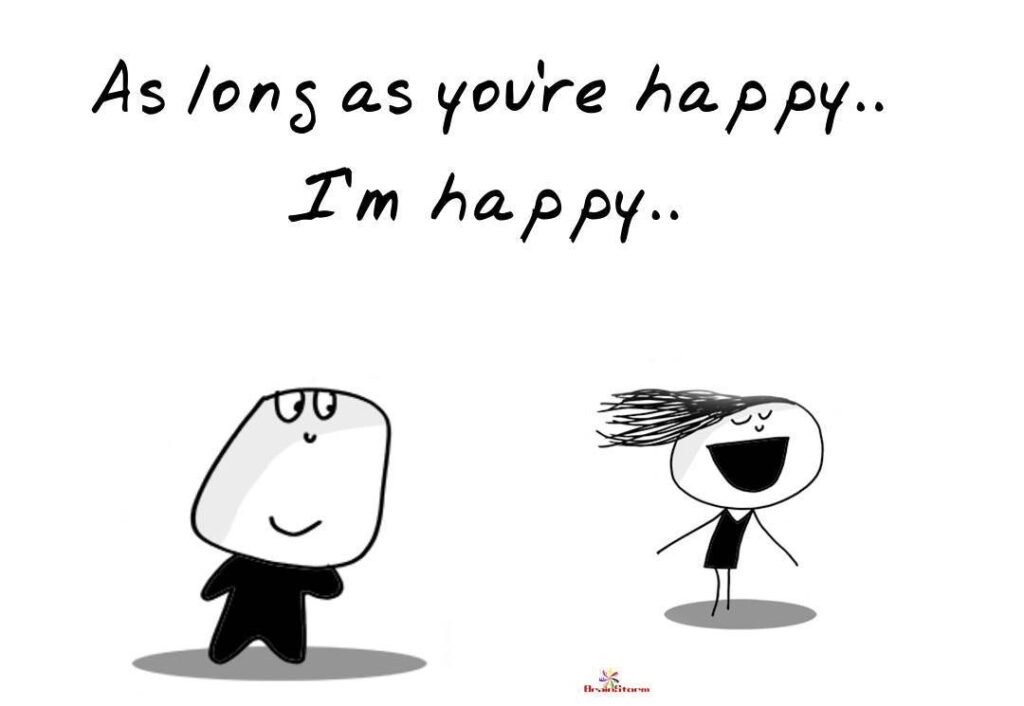And what should we do instead?

The title of this blogpost may seem backwards or confusing. However, there is a great deal of strength in the claim that we should not praise young people. It might seem like a weird statement, and even harder to put it in to practice. It is also for the benefit of the young people we all care about.
Research conducted by Columbia University helped inform this post, as did ‘The courage to be disliked’ and Adlerian psychology. I also draw upon my own experience in working with young people in school, the therapy room and other contexts. At the end of this post, details and citations can be found.
Imagine you finish cleaning the dishes when your partner or friend enters the kitchen with “well done!” or “good job!” You might be annoyed by this. Why would it irritate you? They are only praising you for doing a good job. That irritation might point towards feeling undermined.
When we praise someone, we are inadvertently implying a top down relationship. We impose our ideas of what is right and good on others when we praise them. You do not care if your partner thinks you have done a good job with the dishes. What gives them the right to tell you that? In this moment it would be understandable if you felt patronised.

Lets make this more tangible and realistic to what might happen in real life. Imagine you are not sure about a job interview, but your friends and wider society thinks it is an amazing opportunity. Imagine your partner, friends or family give you praise when you get home from this a job interview. The potential new job really impresses when you tell other people about it. You are met with a lot of ‘well dones’ and ‘that’s amazings’.
You might feel conflicted, you are not sure about the job, but the praise feels good and desirable. Praise gives you a good feeling, it is affirming. However, what you actually want might not be part of what’s being affirmed. In these instances, the good feeling received by other people praising you is obscuring the reality of what you want.
Somewhere along the road, to help young people with their self esteem, we have picked up ‘positive reinforcement’ as a seemingly useful tool. ‘If I praise them enough, they will believe in themselves.’ What we are in fact teaching them is that if we praise them, for a moment, they will feel good.
Dopamine and oxytocin flood into our brains when we receive praise. For a moment, we feel happy that we have been acknowledged. It is natural to want your young person to feel good and happy, and it is more helpful for them to tie that happiness to themselves and their own ability, especially when it comes to the tasks they have to complete in their lives.
When we receive praise, our brains link the accomplishment to the praise, and praise becomes our future goal
Praising young people teaches them that if they want to feel good, they should complete the tasks we have set them. This is tying their self worth to the praise they receive. There is a positive intention behind our actions. We praise young people on what we think is a good accomplishment. Our desire is for them to continue the action, because we want them to be safe and successful in the world. However, this is our way of looking at things, not theirs.
Our praise is damaging for both self-esteem and for helping young people find their own sense of self. Young people need to know their capabilities from their own experience, rather than simply taking our word for it. Our praise is creating a top-down relationship that may make it more difficult for young people to find their own path. Instead, they might follow our versions of what they should be doing. We should be teaching young people to find and follow their own voice instead of ours.

Columbia University Psychologists Claudia Mueller and Carol Dweck found, in their research, that where young people were praised lavishly, they became more cautious in their responses to questions, had less confidence in their answers, were less persistent in difficult assignments, and were less willing to share their ideas. The researchers concluded that young people develop a sense of competence by seeing and reflecting upon the consequences of their own actions, not by being told about the consequences of their actions.
Mueller and Dweck advocated for pointing out a young person’s effort and allowing them to see that their own exertion led to the results that they may have desired. Simply praising their effort is not enough, they must see that their effort leads to their results. This is a great first step in helping a young person believe in their own ability, and that with enough time and effort in any path, they can succeed. Once they learn this, it becomes much easier and less scary to apply themselves to any task. They will be more comfortable trying new things and learning by themselves what they like and dislike.
What can we say instead of “well done, you did great”? We can say “I can see that you tried really hard, and I can see that led to you doing really well. I’m glad, I’m always happy to see you happy”
The goal of education is teaching young people to be self-reliant- these words of wisdom are coined beautifully in ‘The Courage to be Happy’. Praising young people steers them towards becoming reliant on praise, not on themselves. Let us encourage young people and show them through reflection that they have all the resources that they need to find and accomplish their goals.
How do we encourage young people without praising them? By believing in our young people wholeheartedly while understanding their limitations. We can appreciate them at the level of being- rather than at the level of doing. We can be happy that they are here with us.

When a baby is born, they cannot do very much at all. Despite this, we rejoice that they are here with us. Through our happiness they bond with us. When someone dies, we do not miss them because of their talents and gifts. We miss their presence in our lives.
Praise subtly reinforces the belief that our worthiness is tied to the level of doing. If we do something well, we will be worthy in the eyes of our parents, teachers, and other individuals. Appreciation at the level of being has a more powerful affect on someone’s self worth. If we unconditionally believe in our young people, while helping them acknowledge and work with their own limitations, and simultaneously appreciate them for their very presence in our lives, they will begin to believe in themselves.
References